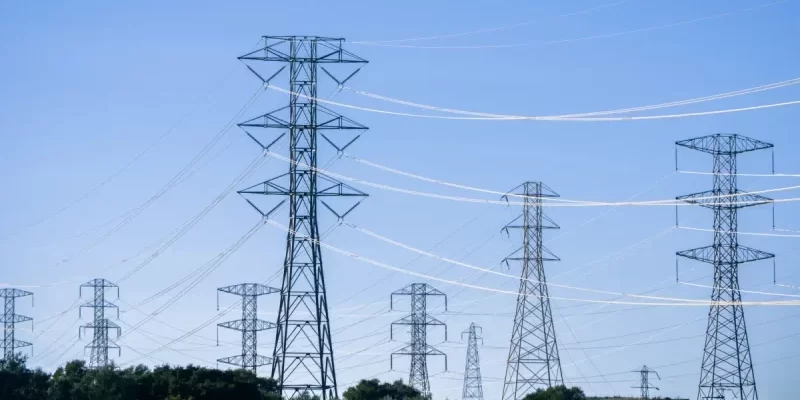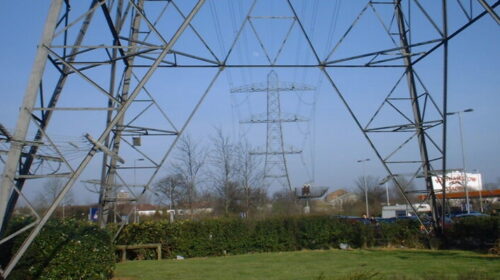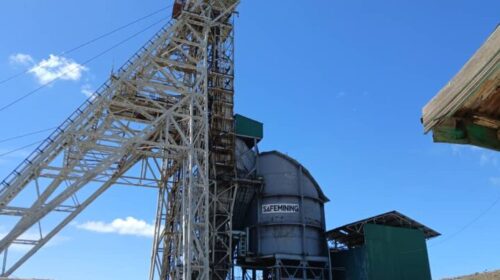Zambia Addresses Energy Crisis Amidst El Niño and Climate Change
Minister of Energy, Hon. Makozo Chikote, addressed the nation regarding the severe electricity shortage caused by El Niño and climate change. He emphasized the government’s efforts to mitigate the crisis and commended Zambians for their patience and resilience.
The country’s installed national power generation capacity stands at 3,777 MW, with a current peak demand of 2,400 MW. However, as of July 2024, only 1,255 MW is available, resulting in a deficit of 1,145 MW. To bridge this gap, Zambia is importing 1,664 MW of power.
Key measures implemented by the government include:
–Recalling Exported Power: In June, the government supported ZESCO in recalling 260 MW from an agreed export of 500 MW.
–Power Imports: ZESCO continues to import firm and non-firm power, totaling 409 MW.
–Accelerated Approval of Power Purchase Agreements: The Energy Regulation Board has reduced approval time from 90 days to 48 hours.
–Deployment of Diesel Generators: Diesel generators have been deployed to ensure continuous power supply to critical areas such as markets, health centers, and selected learning institutions.
–Open Access Approval: Rules and guidelines for Open Access will be published soon.
–Maamba Collieries Phase II: Financial closure was reached this month to develop an additional 300 MW coal power plant, increasing capacity to 600 MW by mid-2025.
–Promoting Solar Energy and LPG: Tax-free imports of solar equipment and the promotion of Liquefied Petroleum Gas (LPG) for cooking.
The government is encouraging investments in rooftop solar solutions, referred to as the “Solar Explosion or Solar Revolution,” with key interventions including:
–Licensing and Importation: The Energy Regulation Board and Zambia Revenue Authority have issued guidelines for the importation of solar equipment.
–Net Metering Regulations: Regulations on net metering were gazetted following Cabinet approval on June 10th, 2024.
–Presidential Solar Initiative: Feasibility assessments for public institutions’ electricity needs are underway, expected to be completed by September 2024.
To transform the electricity sector and achieve long-term energy surplus and security, the government is undertaking several projects:
–Off-Grid Projects: The Rural Electrification Authority (REA) is operating 12 mini-grids, resulting in 2,095 connections, with 15 new solar projects to be completed by year-end, adding 3,421 connections.
–Deployment of Smart Meters: REA and ZESCO are deploying smart meters to enhance load management. REA targets 4,500 smart meters for off-grid systems by year-end, with 800 installed so far.
ZESCO has deployed over 2,800 smart meters for commercial and industrial customers, aiming for 20,000 smart meters countrywide.
Due to the electricity generation crisis, ZESCO is forced to ration power to ensure supply to critical institutions. Minister Chikote urged all power consumers to use electricity efficiently and adopt measures such as using gas for cooking, solar energy for water heating, and alternative energy sources.
109 total views , 1 views today





